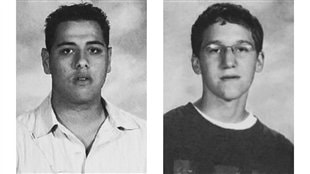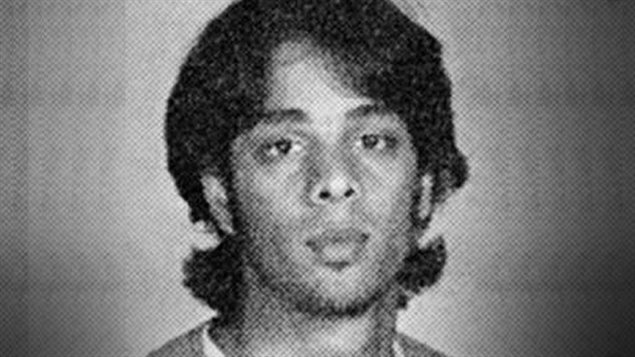Letters from a Toronto youth turned terrorist provide clues as to how radicalization occurs in Canada. The letters were written to the public broadcaster, CBC by Saad Khalid who is now serving a 20-year prison sentence for his part in the so-called Toronto 18 plot to bomb high-profile targets in downtown Toronto.

Canada has had cases of people who have become involved with extreme groups or committed terrorist acts, notably two young men who took part in the attack on an Algerian refinery last January that left 40 hostages dead. Like other western nations, Canada has struggled to understand why young people become radicalized.
Khalid came to Canada with his family from Pakistan in the mid-1990s, played on the high school cricket team and took part in the school’s multicultural society before heading off to university. In a series of letters to CBC News, Khalid offers his own analysis of his transformation from a typical teenager to a young radical now convicted on a terrorism-related charge.
Internet lectures ‘hooked’ Khalid
He got into religion in high school and began attending prayer sessions, although he emphasizes there were no radical messages there. Rather it was on the internet in 2005, that he discovered a series of online lectures by the fiery American-born al-Qaeda cleric Anwaral-Awlaki (who was killed in a U.S. drone strike in Yemen in 2011.)
“He had a knack for telling a good story, so when I came across his lectures on jihad, I was hooked,” Khalid writes.
“Here was someone I respected and he was connecting global grievances that Muslims share with what your responsibility is in terms of these issues.
“I was left with the understanding that it was religiously incumbent on me to assist in defending Muslims whose land had been invaded.”
Immigrant children often conflicted
Lorne Dawson, a professor and chair of the sociology and legal studies department at the University of Waterloo says Khalid’s case fits in with his own observation of online radicalization. He adds that many immigrant children are torn between the traditional mores of their parents and their peers’ secular lifestyle.
A traumatic event will often trigger radicalization. In Kalid’s case, his mother died while he was in high school. More.







For reasons beyond our control, and for an undetermined period of time, our comment section is now closed. However, our social networks remain open to your contributions.